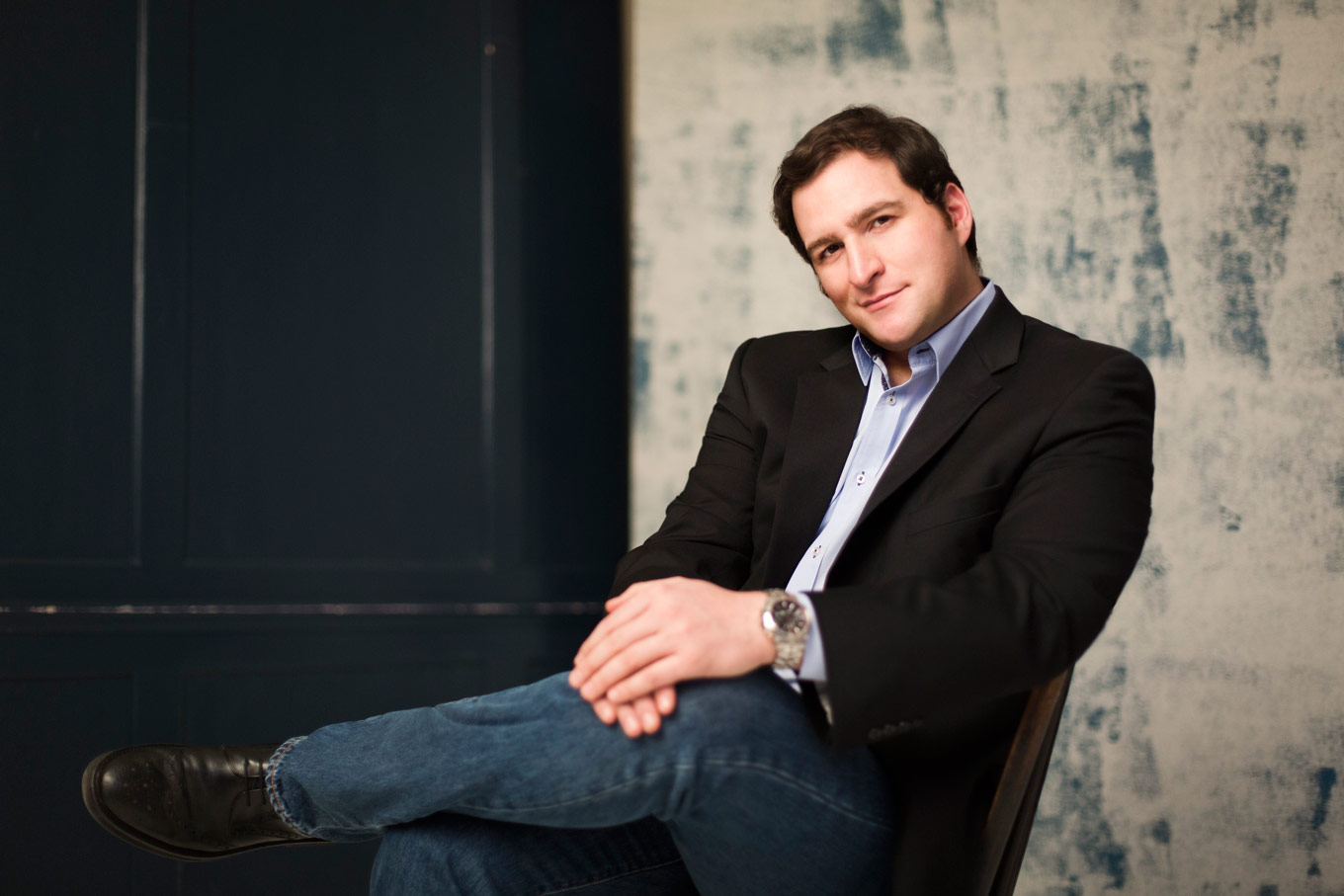
Talking with singers: Riccardo Massi
InterviewThis week, Italian tenor Riccardo Massi returns to the Metropolitan Opera to sing one of his signature roles, Radamès in Verdi’s Aida; he shares the stage with Krassimira Stoyanova in the title role, Violeta Urmana as Amneris, George Gagnidze as Amonasro, and James Morris as Ramfis.
Massi’s exciting career as a tenor is in fact his second major professional pursuit. He is a trained specialist in ancient and medieval weapons, and he worked as a film and television stuntman; you can catch his work in Martin Scorcese’s Gangs of New York, ABC’s Empire, and HBO’s miniseries, Rome.
We were more than curious about the demands and training in Massi’s work in martial arts and in opera, and he was kind enough to indulge us.
How does your martial arts training help you with the physical aspects of singing, and vice versa?
The athletic activity is totally different from what you need for singing. Indeed, having good strength helps when it comes to supporting the sounds with the diaphragm, however it’s much better to be elastic and well stretched. I remember I had to do really hard work to relax my body when I was a student taking my first lessons, because my body was too hard and tense for the hard training I had to go through, since I was a fighter.
From your own experience, what do you find are some common misconceptions about stage combat? Does it differ from the stunt work you’ve done in film and television?
The theater stage and movie sets are totally different. On the set you can make little movements and the camera will get them all, in the theater this does not happen; the movement must be more evident (but you must not overact it) in order to show the event to the people sitting far from the stage. On the movie set, you can repeat a scene fifty times if necessary, while in the theater you have to be good the first time around. On the set the camera always gets the best angle for the fight, to make it as real as possible; on the theater stage, you have to find the best angle to show the fight to the audience, and it has to look real. Making a good fight scene on the theater stage is definitely much more difficult.

Was there a particular moment or decision that led to your pursuing singing in a serious way, in addition to martial arts?
It was probably when I won the competition for Accademia La Scala in 2007. At that time I was a student and I was always motivated to go on, but winning the competition was like a sign of destiny for me…I thought to myself “now you have to dedicate your life to this!”
Do you find any particular pressure with the kind of repertoire you sing, including famous roles like Calaf, Cavaradossi, and Radamès?
Not really. This is the repertoire where I feel that my voice is comfortable. Those are indeed demanding roles, but singing another, more lyric repertoire would be stressful for my voice.
What do you wish you knew about your singing career 10 years ago?
The amount of patience needed, and the dedication needed. The more I do this job, the more I realize how much you have to study and dedicate your body and spirit to it. Somehow, it’s like a martial art.
Do you have any roles that you’ve not yet sung, that are still on your wish list?
I would love to sing Werther, Faust, [Jean in] Hérodiade, Don Carlo, Ernani, andEnrico in] I vespri siciliani.


Comments